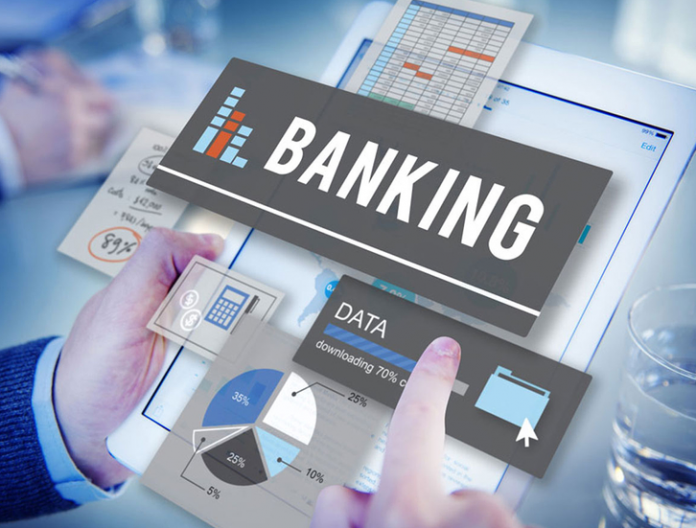With its high levels of internet penetration and a growing digital financial services market, criminals look to breach security measures and commit fraudulent attacks to access consumer data in the UAE.
According to NordVPN’s Cyber Risk index, the UAE is third on the global hitlist for such fraudsters. Across the Middle East, cybersecurity giant Kaspersky reported more than 2.5 million phishing attacks across the region in second quarter of 2020 alone. It is… a serious issue.
So, in April, a joint initiative of the UAE Banks Federation (UBF), the Central Bank of the UAE (CBUAE), Abu Dhabi Police and Dubai Police, launched a campaign ‘Together Against Fraud’ to educate and protect consumers from financial cybercrime and fraud. Given an increased use of digital banking services, accelerated by the COVID-19, the campaign aims to address concerns regarding an increasing number of fraud cases.
Keep spending
Cybersecurity firms too have identified the growing need to protect consumers from malicious attacks, with spending on cybersecurity projected to reach $66.5 billion across the Middle East and Africa by 2025.
Traditionally, our relationships with banks have been very private. Data has traditionally been held by the institutions that customers have signed up to. With heightened concern over sharing information and financial security, some customers are understandably guarded over their data.
Need for access
But banking is a data rich environment and its infrastructure must move with the times. With increasing digitalization and a data-led economy, it is clear traditional banks have been slow to adopt new technologies to meet customer demands and expectations.
‘Open Banking’ is probably the most important innovation in the industry since the rise of mobile banking over ten years ago, and it is changing the way that data is used, stored and shared.
Also Read: Big Newz: Sheikh Nasser was Kuwait’s key reformer
It is an exciting opportunity and fundamentally transform the way that we all conduct our financial transactions and manage, save and invest our money.
Not about giving it up
Conversely to its very name, Open Banking does not give everybody access to data. In fact, unless a customer expressly gives consent, data cannot be shared at all. Only the user can access their own personal information.
This is very important as research shows giving consumers control over how their data is managed and the ability to make transparent choices is essential to building trust. User permissions are granted (or revoked) through either a Face ID or biometric data, which is many times more secure than current banking authentication procedures such as passcodes or asking for your mother’s maiden name.
Fit to order
Data privacy is not just about the customer taking responsibility; the infrastructure must be fit for purpose too. The technology has to be compliant with data protection laws and regulations.
This ensures that only approved and regulated providers can participate in the open banking ecosystem. For those businesses, fintechs and financial institutions who are approved as providers, Open Banking can be a highly useful tool for innovation.
Algorithms within the open banking API infrastructure, anonymizes information and aggregates it, so that new technology providers can develop new products and services that are supported by robust data. These processes ensure that the right products are offered to the user, but without third-parties specifically being able to trace that information back to the individual.
Be the channel
In this way it is better to think of Open Banking as an open-source toolkit, that connects financial services providers so that customer experiences are enhanced and personalised.
Simply put, Open Banking puts the power of personal data back in the hands of the consumer. It will take time for customers to understand and trust that Open Banking is less about one person’s information. Rather, it’s connecting banks and fintechs with a collective pool of data that can empower businesses to innovate more intelligent products and services that are suited to the needs of the customer.




